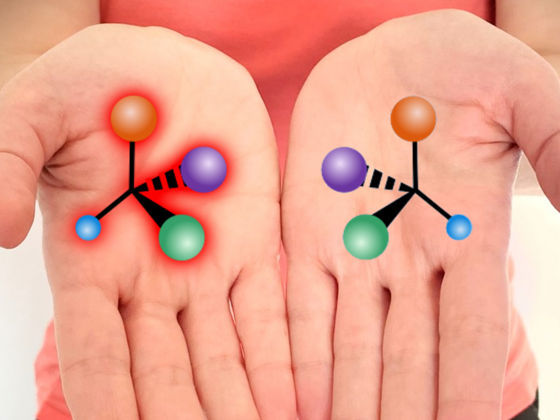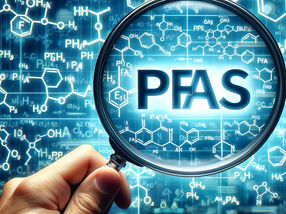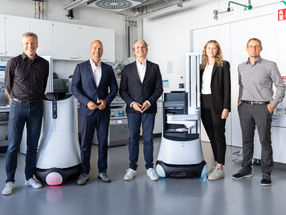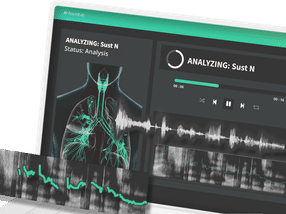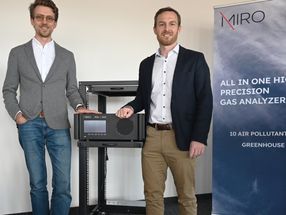Faster, more cost-effective DNA test for crime scenes, disease diagnosis
Scientists in Japan are reporting development of a faster, less expensive version of the fabled polymerase chain reaction (PCR) a DNA test widely used in criminal investigations, disease diagnosis, biological research and other applications. The new method could lead to expanded use of PCR in medicine, the criminal justice system and elsewhere, the researchers say. Their study is scheduled for the July 15 issue of analytical chemistry, a semi-monthly journal.
In the new study, Naohiro Noda and colleagues note that PCR works by "amplifying" previously undetectable traces of DNA almost like photocopiers produce multiple copies of documents. With PCR, crime scene investigators can change traces of DNA into amounts that can be identified and linked to a suspect. Biologists can produce multiple copies of individual genes to study gene function, evolution, and other topics. Doctors can amplify the DNA from microbes in a patient's blood to diagnose an infection. Current PCR methods, however, are too expensive and cumbersome for wide use.
The scientists describe development and testing of a new PCR method, called the universal QProbe system, that overcomes these problems. Existing PCR processes require several "fluorescent probes" to seek out DNA. QProbe substitutes a single "fluorescent probe" that can detect virtually any target, saving time and cutting costs. The new method also is more specific, accurately detecting DNA even in the presence of unfavorable PCR products in the samples that may interfere with quantification results.
Original publication: Hidenori Tani et al.; "Universal Quenching Probe System: Flexible, Specific, and Cost-Effective Real-Time Polymerase Chain Reaction Method"; Anal. Chem. 2009
Other news from the department research and development

Get the analytics and lab tech industry in your inbox
By submitting this form you agree that LUMITOS AG will send you the newsletter(s) selected above by email. Your data will not be passed on to third parties. Your data will be stored and processed in accordance with our data protection regulations. LUMITOS may contact you by email for the purpose of advertising or market and opinion surveys. You can revoke your consent at any time without giving reasons to LUMITOS AG, Ernst-Augustin-Str. 2, 12489 Berlin, Germany or by e-mail at revoke@lumitos.com with effect for the future. In addition, each email contains a link to unsubscribe from the corresponding newsletter.
Most read news
More news from our other portals
Last viewed contents
Thermochemical nanolithography now allows multiple chemicals on a chip
Protagen AG and MicroDiscovery GmbH cooperate in biomarker development
Agilent Technologies to open new scientific training center in Shanghai
